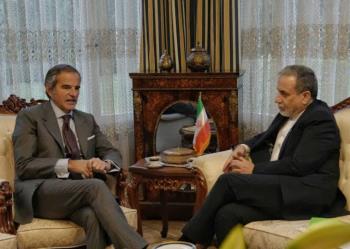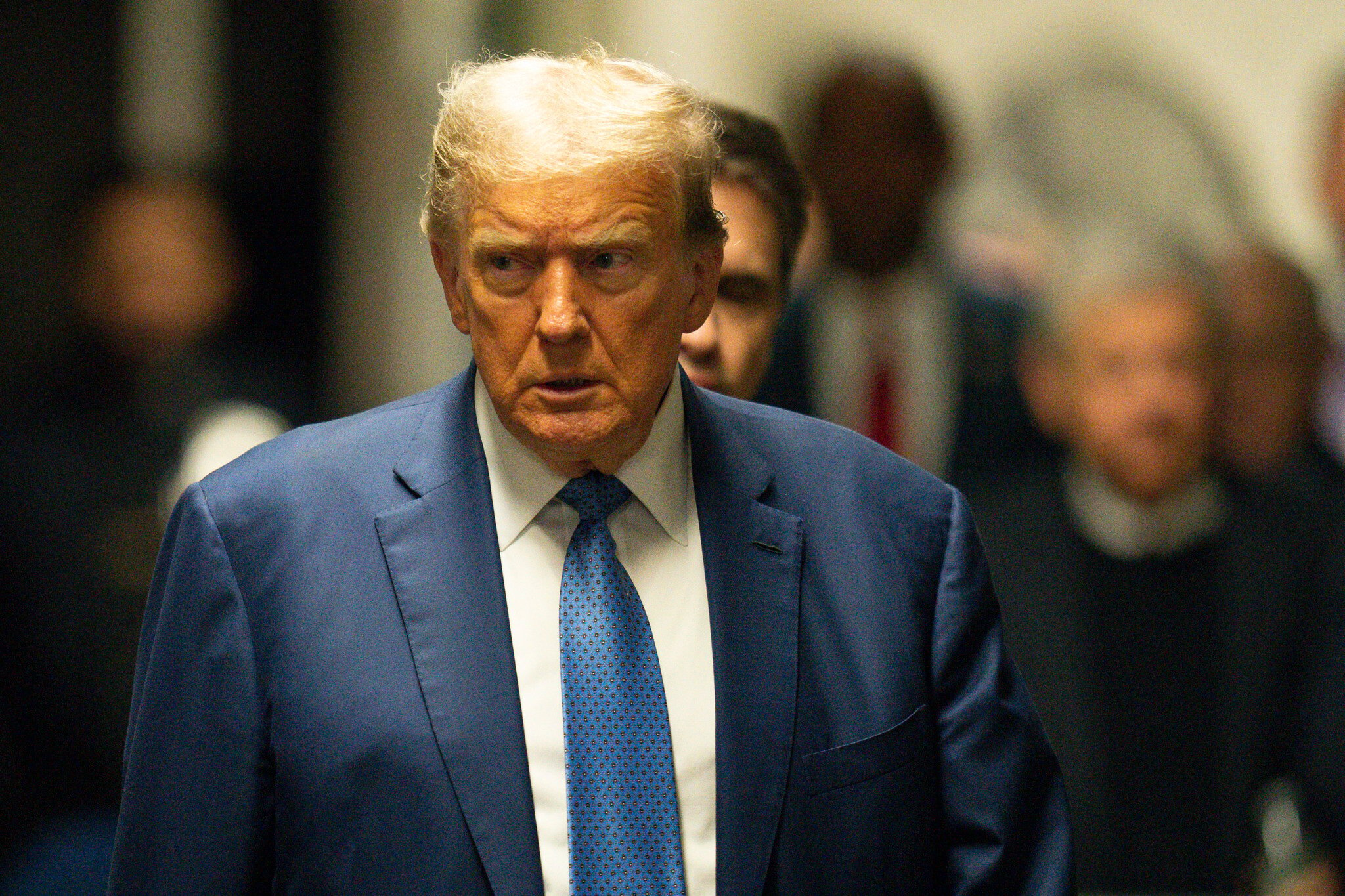ALWAGHT- Donald Trump’s decision to skip Israel during his recent Middle East trip reflects a wider transformation in regional policy, including renewed dialogue with Iran, sanctions adjustments for Syria, and efforts toward a Yemen ceasefire.
Former US President Donald Trump’s recent Middle East tour, which excluded Israel, signaled a significant shift in Washington’s regional priorities. While Trump insisted the move was not a snub and aimed at reviving Arab-Israeli normalization, the omission drew concern in Tel Aviv. This visit marked a broader realignment of US policy that no longer centers Israel's strategic interests, unsettling its leadership amid renewed US engagement with Iran and Syria.
Trump’s resumption of indirect nuclear talks with Iran, calls for a Gaza ceasefire, and unilateral handling of a hostage release without Israeli involvement have all contributed to growing Israeli anxiety. Particularly controversial was Trump’s meeting with Syria’s new leader and the lifting of sanctions on Damascus—moves Israel views as dangerous, especially given its ongoing military presence near the Syrian frontier and efforts to isolate the regime diplomatically.
Further divergence emerged with the US-brokered ceasefire in Yemen, reached without Israeli input despite continued attacks on Israeli territory. According to The Atlantic, these moves reflect a broader retreat from the assertive US role Israel once relied on. As Trump’s administration pulls back from long-term military commitments and recalibrates alliances, Israel faces the prospect of navigating an increasingly unstable region with less overt American backing.



























